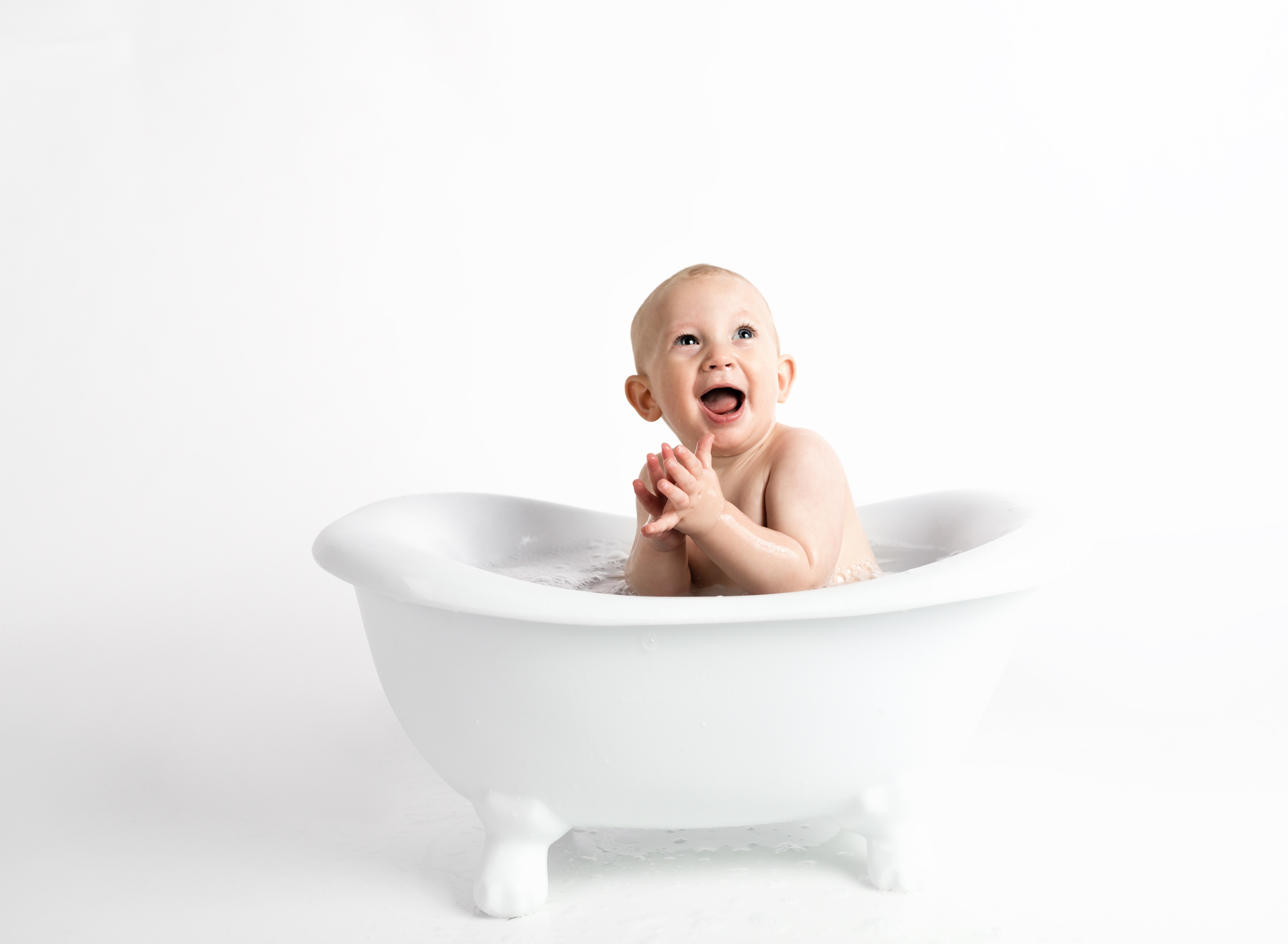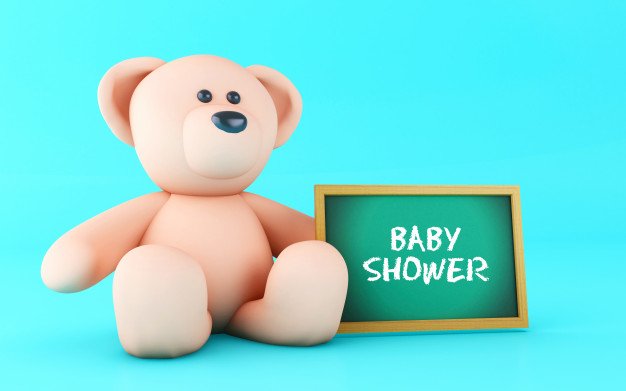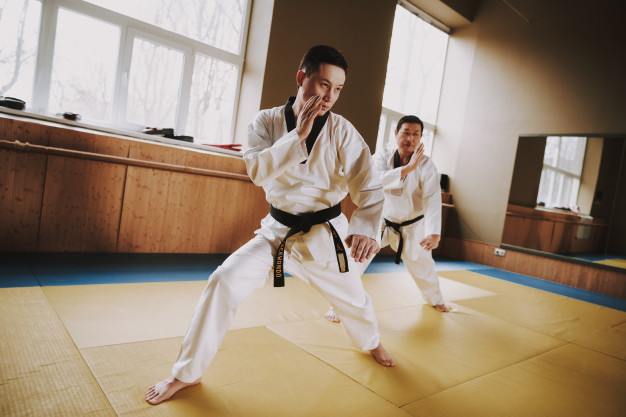Children’s birthday parties have become a really lucrative and expansive industry. Compared to just a few decades ago, the parties have become more elaborate and more expensive.
However, the children don’t seem to mind the complexity; what’s more, they seem to be enjoying all the attention and the choice they have.
So, if you are looking for ideas on how to really improve the birthday party for your child, consider these tips from children entertainment experts at Jump 4 Adan share some of the most successful moves you can make for your child’s party.
Venue:
Well, the first thing you need to decide is the venue. This decision is going to influence a lot of the decisions you will make after that.
The first, and usually the simplest idea is to lease a playhouse for a few hours and leave everything to the professional entertainers and caregivers. However, even though it is an easy option, doesn’t mean that it is the best one. You don’t have a lot of input about how the party is going to go on.
Another option is to have the party at your own home. This option gives you a lot of freedom to be creative and tailor the party to your child’s liking. However, that does leave you with a huge mess to clean after the fact.
Finally, if the weather serves you well, you may be able to have the whole event outdoors. This might just be the best option, because you still retain as much control as possible and it simplifies the clean-up process.
Entertainment:
When it comes to entertainment, there are numerous options and different directions you can take. If you are hosting an indoor party, a film or a cartoon screening might be a great centerpiece event for a birthday party.
Alternatively, you can have a make-your-own cupcake event with different toppings. Be prepared for some serious mess, but the kids will surely like it.
However, if you are hosting an outdoor event, your options are much more diverse and depending on your child’s preferences, you can go for different styles.
For instance, in San Diego bouncy castles are very popular. The weather is almost always nice, which makes it possible to really go for it. And what kid doesn’t like a bouncy castle. There are countless options in terms of design, sizes, and shapes but you can certainly find something that appeals to your child.
Piñatas are almost as popular. These papier-mâché toys filled with candy or something else are both an interesting snack and a fun game to play. Finally, sports and similar games are a staple and a classic which should never be left out.
Snacks and Drinks:
Gone are the days when you could get by with some generic store-bought snacks and drinks.
First of all, allergies are on the rise in children and you need to be careful of many different ingredients in store-bought products. Nut allergy is still the most common one, but there are other ones you need to be careful of, like eggs and gluten.
However, the problems with snacks don’t end there, because both children and their parents might have some specific preferences which are not allergy-related. Going gluten-free or vegetarian/vegan is much more common nowadays, and you as a host need to provide those guests what they expect.
Planning the best birthday party for your child simply cannot be done without consultations with your child, so make sure that whatever you have planned for them is what they actually want.
Read Also:






















